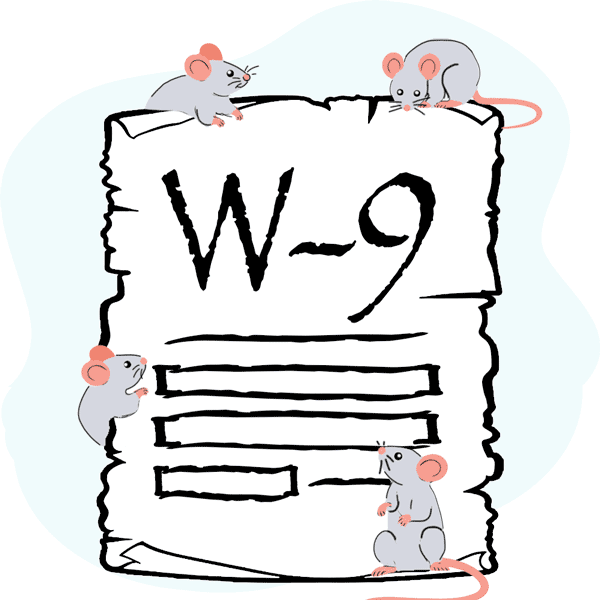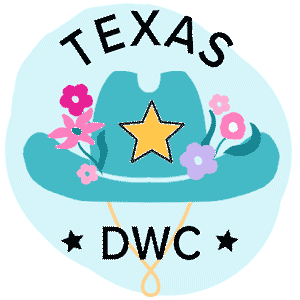A Guide To Medically Unlikely Edits For Workers’ Comp Bills
%20rounded.png)
The DaisyBill Support Team recently received a billing question about procedure code J7321 for intra-articular injection. Our client billed for two units of J7321, and per the California Official Medical Fee Schedule (OMFS) the reimbursement amount is $142.24 for this two units of this code. But when our client received her explanation of review (EOR) from the claims administrator, only one unit was reimbursed. Upon further investigation, this client discovered other bills also incorrectly reimbursement for only one unit, instead of the two units billed for J7321.
Sensing a troubling pattern, our client sent us the following message:
“A few insurance companies have not been paying for the 2 units of J7321 that we are billing for. They state that it "exceeds the maximum allowable units," which is, to my understanding, incorrect. I was under the impression that two units is still the maximum allowable amount. Am I missing something?”
In a word, no – the EOR received by our client incorrectly denied reimbursement by incorrectly citing “maximum allowable units.” There are no billing ground rules or other edits for the procedure code that prevent it from being paid in full at two units. We urged her to appeal the incorrect payments, most of which were processed by CorVel.
The incorrect denial which cited “maximum allowable units” is referencing the Physician Fee Schedule adoption of Medicare’s Medically Unlikely Edits (MUEs) as published on the CMS website. An MUE for a HCPCS or CPT Code denotes the maximum units of service that a provider would report under most circumstances for a single beneficiary on a single date of service. The Division of Workers’ Compensation (DWC) adopted the application of MUEs effective January 1, 2014, and the DWC updates these MUEs every quarter by adopting the latest version of MUEs published on Medicare’s website.
While MUEs seem a little tricky, the application of MUEs is actually not very complicated. Not all procedure codes are assigned MUEs. So when MUEs show up, they tend to throw people off. As an example, Medicare assigns procedure code J7321 a limit of to two units per day. More than two units is considered medically unlikely.
Medically Unlikely Edits (MUEs) are either bill line edits or date of service (DOS) edits. If the MUE is a bill line edit, each line of a bill is adjudicated against the MUE value for the Healthcare Common Procedure Coding System (HCPCS)/Current Procedural Terminology (CPT) code on that bill line. If the units of service (UOS) on the bill line exceeds the MUE value, all UOS for that bill line are denied. If the same code is reported on more than one line of a bill by using CPT modifiers, each line of the bill is adjudicated separately against the MUE value of the code on that bill line.
Medicare allows exceptions to these MUEs. Providers may report medically reasonable and necessary units of service in excess of the MUE value assigned by Medicare. CPT modifiers such as 76 (repeat procedure by same physician), 77 (repeat procedure by another physician), anatomic modifiers (e.g., RT, LT, F1, F2), 91 (repeat clinical diagnostic laboratory test), and 59 (distinct procedural service) can be used to report additional services units that exceed the MUE value assigned to a service code. Modifier 59 may also be utilized only if no other appropriate modifier describes the service.
Medically unlikely edits are automatically displayed for every service code reimbursement calculation in the DaisyBill OMFS Calculator, the foundational tool of our Work Comp Wizard software. Users entering a number of units of a certain procedure code that violates a MUE receive a message explaining the MUE. The expected reimbursement for that procedure code is reduced to $0. It’s a great way to keep our bills accurate and compliant – you’ll never be surprised by an obscure billing rule again.
TRY THE WORK COMP WIZARD
DaisyBill provides content as an insightful service to its readers and clients. It does not offer legal advice and cannot guarantee the accuracy or suitability of its content for a particular purpose.



.gif)